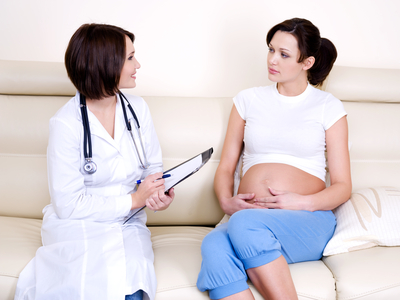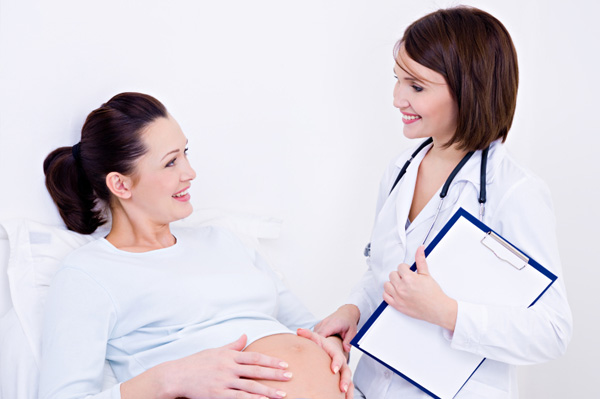What Are Screening Tests? Find out more about this pregnancy test and how it will give benefits to your pregnancy. Read more here.
Screening tests during pregnancy are offered to detect diseases or observe a condition to prevent significant problems. In the past decades, medicine was not sufficiently developed, so women and babies were suffering from various conditions. Today the benefits from just one screening test can outweigh any possible risks.
Your first contact with these types of tests is an ultrasound scan which is used to find out whether you are pregnant.
Ultrasound scans in first trimester
You have just missed your period and you assume that you are pregnant. The pregnancy test is positive and now you have to make a doctor’s appointment to check whether your baby is developing healthy. An ultrasound scan or sometimes called dating scan can help you find out your baby’s heart rate, weight and the estimated date of delivery.
The sickle cell and thalassemia screening test for moms and dads
The sickle cell and thalassemia disorders are serious inherited disorders. They affect hemoglobin (the main distributer of oxygen throughout the body) and people who suffer from this condition need specialist care throughout their lives. Because babies can inherit these birth problems from both parents, it is best for both to be tested. A blood sample will be taken from the mother and father. The results will arrive in a couple of days. A high risk of sickle cell and thalassemia can help you talk to a counselor for further steps and therapy during pregnancy.
Screening for infections during pregnancy
Infections during pregnancy are common, although most are quite mild. Choosing to be screened for infections during pregnancy is an important decision for both you and your unborn. Through these tests you can detect diseases and with the right treatment you can:
- Reduce the risk of passing HIV to your baby, as well as protect your own health.
- Reduce the risk of passing hepatitis B to your baby; your baby will be vaccinated on time.
- Reduce the risk of having a baby born with syphilis. If syphilis is detected on time, treatment will be provided for the mother without any consequences towards the baby’s health.
- Reduce the risk of rubella. Rubella can harm the babies in the future. Mothers who are tested in early pregnancy can receive vaccine after delivery.
Down’s syndrome tests during pregnancy
Tests for Down’s syndrome are being applied to pregnant women of all ages. These tests can provide valuable information about your baby’s risk of having Down’s syndrome. The tests are composed of two procedures:
- A blood sample taken from the mother
- An ultrasound diagnosis with measurements of the baby
They are both usually offered. The results from the blood along with the ultrasound measurements will be calculated together and then the baby’s risk of having Down’s syndrome will be determined. If the results are positive, you will be offered further diagnostic tests (CVS, Amniocentesis) which will provide more accurate results.
Screening in later pregnancy- if you didn’t have the combined test in the early pregnant state and you are between 14-20 weeks of pregnancy you will be offered a different test, very similar to the combined test.
Mid pregnancy ultrasound scan
The mid pregnancy ultrasound scan is offered to all pregnant women. The mid pregnancy ultrasound scan is very important. The health care providers usually tell nice things during this exam, but sometimes they can find a problem. The scan is safe for mothers and babies and it produces a (2-D) black and white image.
All these tests are simply a protection for you and your new baby. Keeping up to the development of your unborn child is important and making sure he/she will be born safe and sound.
[lamoud_Pregnancy_Calculator]My content[lamoud_Pregnancy_Calculator]





